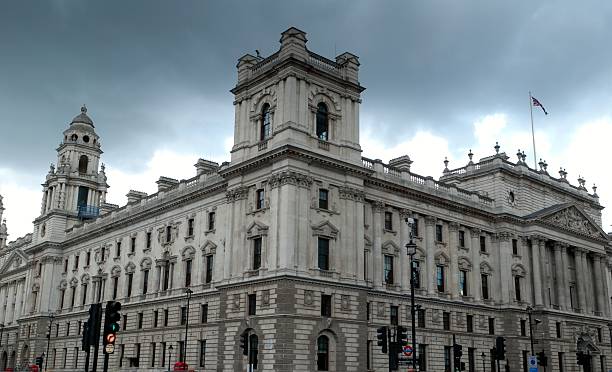
The Association of Taxation Technicians (ATT) suggests that proposed changes to the cash basis will have minimal impact unless adjustments are made to the restrictions concerning interest deductions and loss claims.
Back in 2012, the Office of Tax Simplification (OTS) advocated for small unincorporated businesses to have the option of calculating taxable profits using the cash basis instead of accruals accounting. In reality, many micro-businesses had already been employing cash-based accounting for years, as they preferred to avoid the complexities of prepayments and accruals, unless prompted by their accountant or HMRC.
Initially, the OTS proposed limiting the use of the cash basis to unincorporated businesses with a turnover not exceeding £30,000. However, when the measure became law in 2013, this simplification was extended to any unincorporated business with a turnover up to the VAT registration threshold. Subsequently, the turnover limit was raised to £150,000 in 2017, and businesses are now allowed to continue using the cash basis until their annual turnover surpasses £300,000.

Despite an estimated 4.2 million eligible unincorporated businesses, only 29% of them currently take advantage of the cash basis, according to HMRC’s estimates. In an effort to promote wider adoption among self-employed businesses, HMRC is seeking input through consultations on expanding the cash basis. The proposed changes include increasing or removing the turnover limits, making the cash basis the default option for unincorporated businesses (similar to individual landlords), raising the £500 annual cap on interest and finance deductions (not applicable to landlords), and removing or easing the restrictions on loss relief, which presently only allow losses to be carried forward to offset profits from the same trade.
However, the ATT believes that eliminating the turnover limits or making the cash basis the default option alone will not substantially boost adoption. They identify three more significant barriers to its use:
- Interest relief: The current interest relief limit of £500 was established in 2013 when the Bank of England base rate was 0.5%. Given the current base rate of 4.5%, the ATT argues that the interest relief limit should increase to between £5,000 and £10,000 per year. Alternatively, the Chartered Institute of Taxation (CIOT) suggests that removing the interest restriction altogether would be a better solution.
- Loss relief: Many new businesses experience losses in their initial trading years. The ability to offset these early losses against other income in the same year, or carry them back, provides crucial support for young businesses. The ATT supports the introduction of sideways loss relief under the cash basis, subject to the general loss reliefs cap in s24A ITA 2007. On the other hand, the CIOT believes that completely removing the loss restrictions from the cash basis would be a positive change.
- Trust and education: Lenders, such as banks, often require customers’ accounts to be prepared using accruals basis to obtain a more accurate measure of the business’s profitability. However, this perception may be erroneous, as the cash basis can provide an accurate overview of the business’s health over a full year. Many taxpayers may be unaware of the benefits of the cash basis and how it aligns with stock valuations or private use adjustments. To encourage adoption of this simplified accounting method, the ATT suggests that HMRC should provide more comprehensive guidance with illustrative examples of key points.
One of the consultation’s key concerns is whether expanding or encouraging the use of the cash basis will enhance sole traders’ experience with Making Tax Digital for income tax self-assessment (MTD ITSA). The quarterly updates required under MTD ITSA will be prepared on a cash basis.
For more information on how this affects your specific circumstances, get in touch today.
Latest Articles
Autumn 2025 BudgetUpcoming Changes to UK Audit Regulations: What You Now Need to KnowEU Implements New Digital Measures for VAT Compliance. Growing Pains Ahead?International Trade Week Presents New Opportunities and Training for BusinessesBudget 2024 Summary: Key Tax Changes and Challenges for Businesses and Individuals
